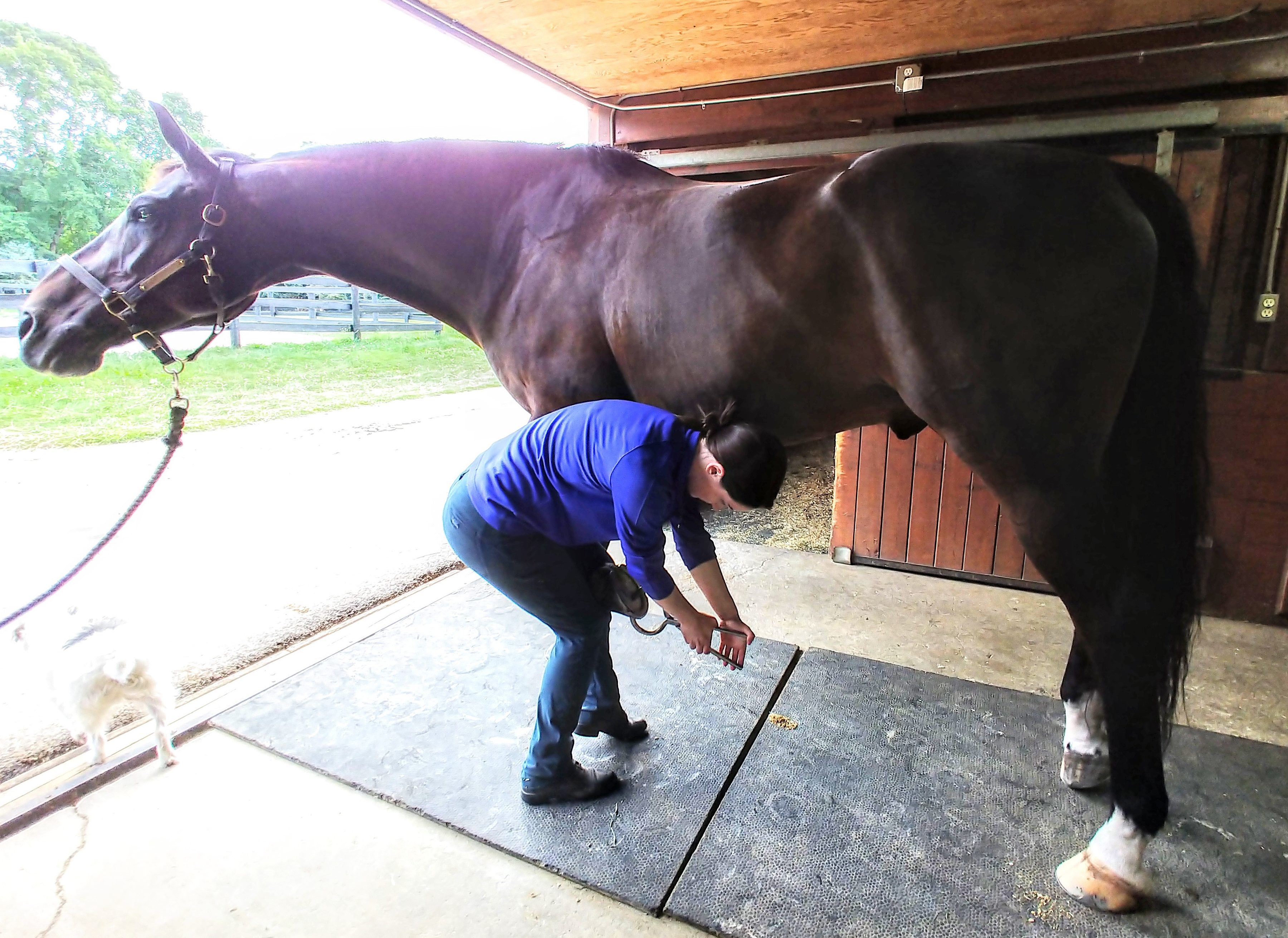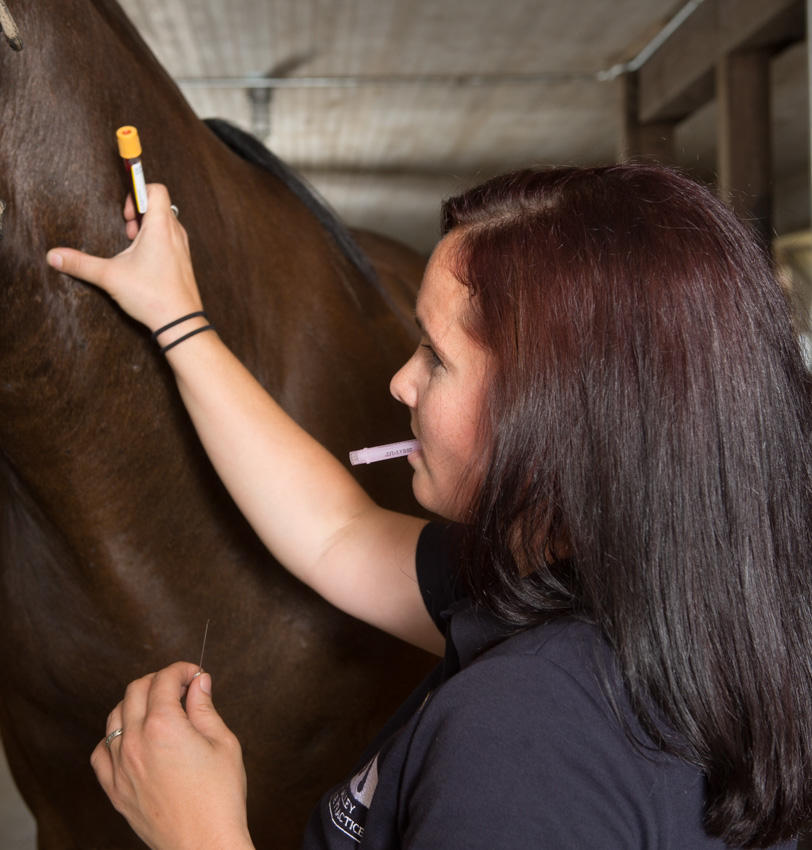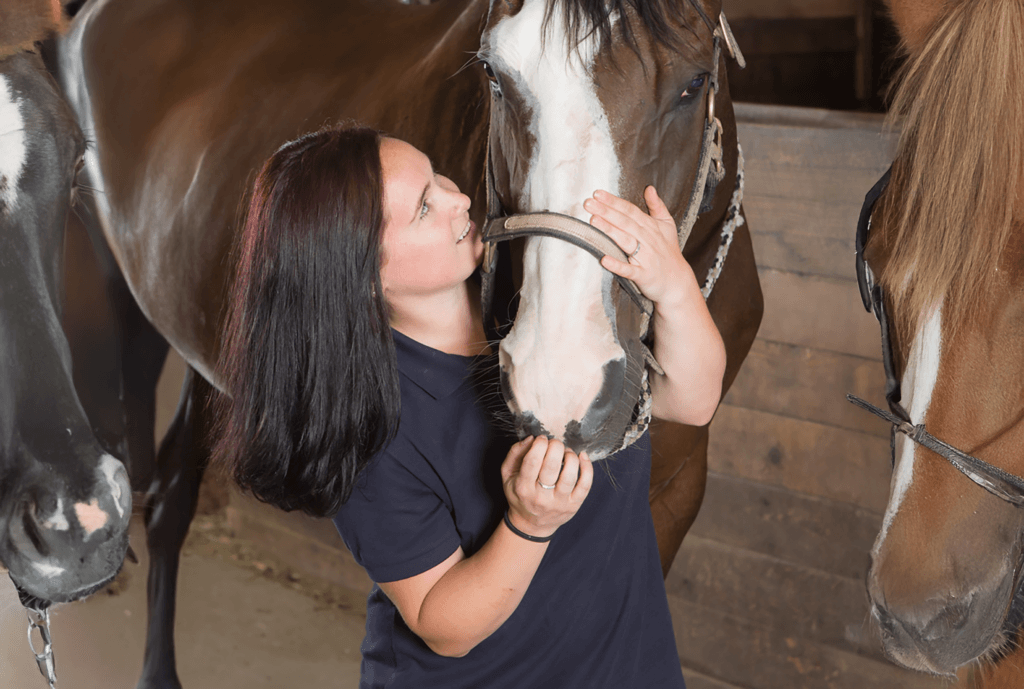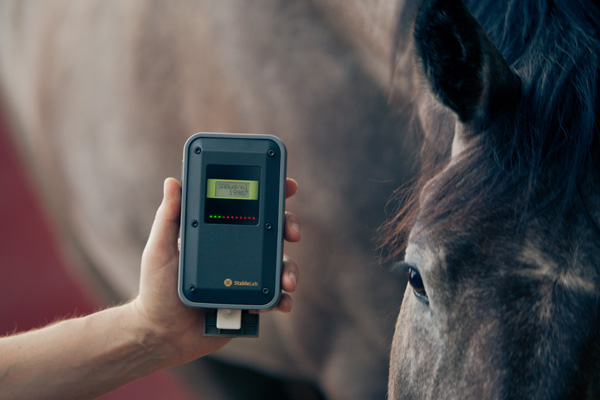
Lab Testing
Fox Valley Equine Practice provides a wide range of in-office routine blood, urine, and fecal tests, as well as advanced diagnostic tests that are sent out to specialized laboratories. We annually offer discounted pricing on lab work during the months of January and February.
We have recently added an in-house lab so that CBC and blood chemistry tests can be run for same day results. We also do fecal egg counts, tests for failure or passive transfer on newborns, and other tests as they become available. In addition, we selectively choose outside labs for specialized tests, depending on their areas of expertise, giving us the most accurate results with the best turnaround times.
Each client receives copies of all their lab work with their statements and we now perform electronic Coggins tests, health certificates, and health records.
Did You Know?
The test for EIA (Equine Infectious Anemia) is referred to as a Coggins test. The name comes from the veterinarian who invented the test in the 1970’s, Dr. Leroy Coggins.

Coggins Testing
Almost all competitions and other large organized equestrian gatherings such as trail rides require a negative Coggins within the last twelve months. For any interstate travel as well as international travel, an up-to-date negative Coggins test is needed to accompany health papers that are supplied by your veterinarian. Most boarding stables and training barns also require a negative Coggins before a new horse is introduced.
Health Certificates

A Health Certificate, and a current Coggins, is required by each state when you are traveling to, or through it with your horse. Health certificates are issued to a horse by a veterinarian. The Health Certificate states that at the time the veterinarian examined the horse, the horse was in good health and appeared free of infectious disease.
Usually, Health Certificates are good for 30 days after they are issued, but it is always good to check with a state’s department of agriculture to get their requirements as some states differ. If you are traveling to a horse show, the show itself may have different requirements, so it is wise to call ahead.
Stable Lab Serum Amyloid A Blood Test

In the past, horses did not live nearly as long as they can now with the benefits of excellent ownership and health care. Older horses have special needs. They may struggle with dental disease, lameness, difficulty keeping weight on, and certain endocrine diseases such as PPID (Pituitary Pars Intermedia Dysfunction, or Equine Cushing’s). FVEP doctors are excited to partner with you as your horse ages to develop the best support plan to keep him healthy and active as an older animal. Do not hesitate to discuss preventable diseases, routine bloodwork, and nutrition with the doctor at a wellness exam. Horses aged 15-20 and older would be considered entering old age—but this doesn’t mean they do not have lots of life and energy left with proper health care!
Fecal Examinations

The fecal examination has historically been one of the most under-utilized tools in an effective parasite control program. Since the adult worms are rarely visible in the manure, the number and type of parasite eggs present in the manure sample should be quantified. Some parasite species can lay more than 200,000 eggs a day, so parasite loads can escalate quickly in pastures, stalls, and in the environment.
There are more than 150 internal parasites that afflict horses; the most common and troublesome are strongyles (large and small varieties), ascarids, pinworms, bots, tapeworms, threadworms and lungworms. Based on the quantity of parasite eggs in the fecal sample, recommendations for deworming, management, and follow-up testing will be made for each horse. Please call for more information about proper collection, storage, and transport of the sample.
It is recommended that all horses have a fecal examination periodically to ensure proper parasite management on each farm. Testing should occur in the warmer months and should be timed properly depending on the last date and medication used to deworm.
